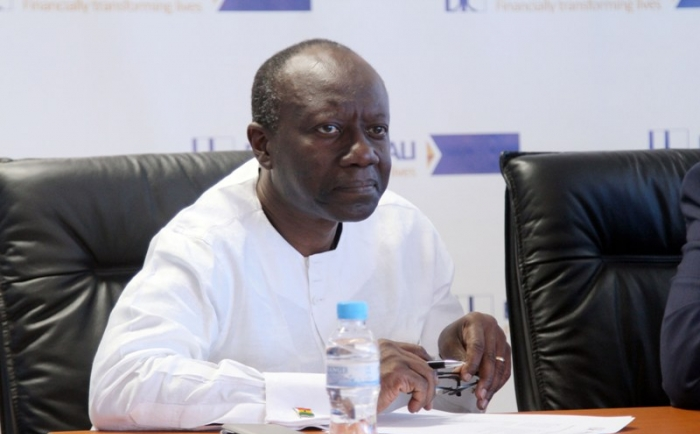
Discipline holds the key
For many decades, governments have seldom met major targets in the budgets they prepare on behalf of the people on an annual basis.
This is because they woefully fail to control expenditures the same way they are unable to rake in the needed revenue through pragmatic measures as outlined in budget statements.
The situation is even worse in years after a general election, particularly when there is a change in government, because the new administration is able to expose all the ills of the previous administration in an attempt to justify why that party lost power.
“Let us acknowledge that we have inherited a challenged economy with considerable debt overhang and rising interest payments caused by excessive borrowing; expenditure overruns and accumulated arrears caused by fiscal indiscipline, excessive sole sourcing and weak commitment controls; revenue underperformance caused by leakages, loopholes and tax exemptions; slowdown in economic growth caused by energy challenges and a lack of an enabling environment for the private sector; and limited capital investment, among others, due to rigidities from earmarking of revenues that severely limit the fiscal space and undermine the prioritisation of government policies,” the government said in a statement to Parliament.
The budget, read by the Finance Minister, Mr Ken Ofori-Atta, also noted that: “The country’s debt stock has reached a level of about 73 per cent of GDP at the end of December 2016 which is in excess of the debt sustainability threshold of 70 per cent. This has resulted in high debt service costs with interest payments alone taking up nearly 42 per cent of tax revenue...”
As already indicated, this story is not new and it is for this reason that the Daily Graphic will want to propose to the new government to ensure that it goes strictly by the various measures outlined in the budget to ensure that the ailing economy is brought back on track.
For instance, the lavish lifestyle of government appointees on the back of the ordinary taxpayer must not be allowed to rear its ugly head if the government intends to keep its expenditures in check. Again, to check its expenditures, there is the need for the government to ensure that projects that have not been budgeted for are not awarded to cronies, family and friends who have not gone through the due process to execute the projects.
It is also imperative for the government to ensure that projects are advertised through the right means for those companies which can execute the projects to bid. Through competitive bidding, the state is bound to have value for money instead of the unbridled sole sourcing practice.
The Daily Graphic is optimistic that if the government targets the informal sector in a more friendly way to pay taxes, the country will be able to generate more revenue from within to finance budgeted projects rather than fall on commercial loans that do not come cheap.
The consistent borrowing through the issue of Eurobonds with very high coupon rates continues to hurt the economy and that cannot be allowed to be the norm.
What has been outlined in the budget can only be achieved through discipline at all levels.
